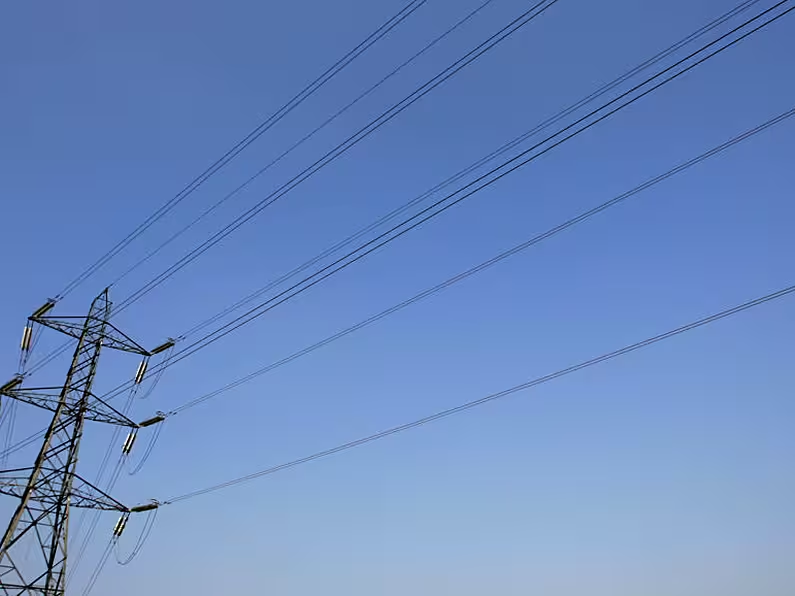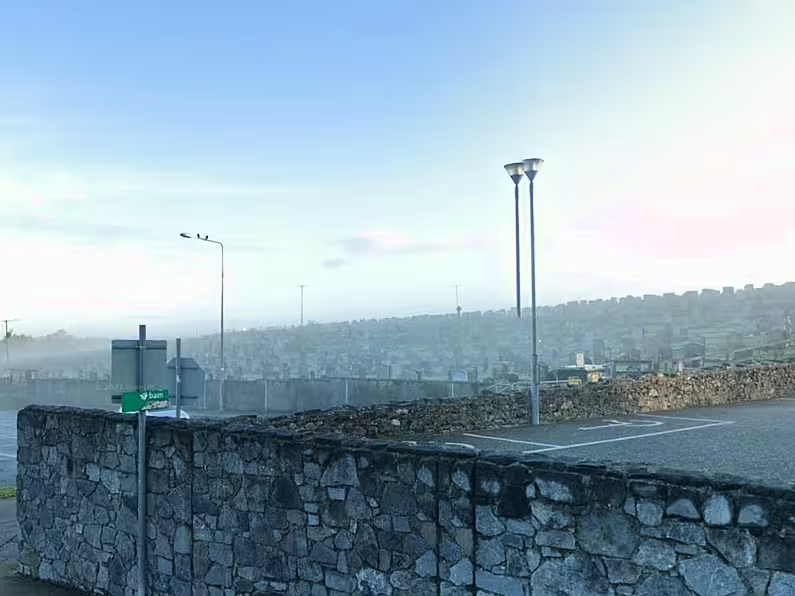Homes and hospitals will be prioritised over data centres in the event of electricity blackouts in Ireland.
The Irish Times reports that data centres and large energy users would be the first to go off the national electricity grid in the event of power shortages, while hospitals and private homes would be the last to face outages.
Government sources said a contingency plan was put in place for this winter, with an effective hierarchy which would prioritise private homes and healthcare settings.
A source said “pretty much everything would have to go wrong” for a situation to occur where homes were faced with power cuts.
Under the proposed hierarchy, large energy users would be the first to be asked to switch to their generators and come off the national grid.
‘Back of the queue’
Following large energy users, “non-critical” users would be next to come off the grid, including industries such as cement factories.
The source said hospitals are “at the very back of the queue,” with private homes “close in beside them.”
Ministers on the Cabinet Committee on Climate Change were briefed last week on power cut threats and told that power cuts in the family home could not be ruled out.
However, there was a boost this weekend after Eirgrid confirmed that the Huntstown power station in Dublin is back in operation and feeding electricity into the national grid, adding seven or eight per cent capacity.
It is also expected that the Whitegate generator in Cork will return to operation next month.
A spokesman for the Department of the Environment, Climate and Communications said on Sunday the Commission for Regulation of Utilities (CRU) has statutory responsibility to monitor and take measures necessary to ensure the security of electricity supply in Ireland.
He said the regulator was addressing challenges to ensuring continued electricity security of supply.











